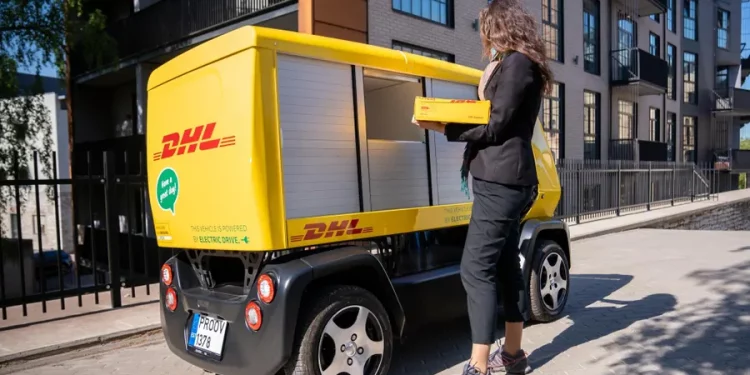DHL Supply Chain, a division of Deutsche Post DHL Group, has made headlines by deploying autonomous Volvo trucks on two key routes in Texas. This initiative is part of DHL’s strategy to leverage advanced technologies to address challenges in the logistics industry, such as driver shortages and increasing delivery demands.
The autonomous trucks are equipped with state-of-the-art sensors, cameras, and artificial intelligence systems, allowing them to navigate roads safely and efficiently. While a human safety operator is present during initial operations, the ultimate goal is to transition to fully autonomous logistics solutions.
The adoption of autonomous trucks has several benefits. For one, it increases freight capacity, enabling DHL to handle more shipments during peak seasons. Additionally, autonomous vehicles operate with greater fuel efficiency, reducing carbon emissions and aligning with DHL’s sustainability goals under its GoGreen initiative.
The routes chosen in Texas are part of a larger pilot program to assess the feasibility and scalability of autonomous trucking across North America. Texas, with its vast road networks and high freight volumes, provides an ideal testing ground.
DHL’s investment in autonomous technology also reflects broader industry trends. As e-commerce continues to surge, logistics companies are under pressure to deliver goods faster and more efficiently. By pioneering such innovations, DHL aims to stay ahead of competitors and set new benchmarks in supply chain management.
This development underscores a transformative shift in logistics, where technology and automation are redefining traditional processes. It positions DHL as a trailblazer in shaping the future of freight transportation.























